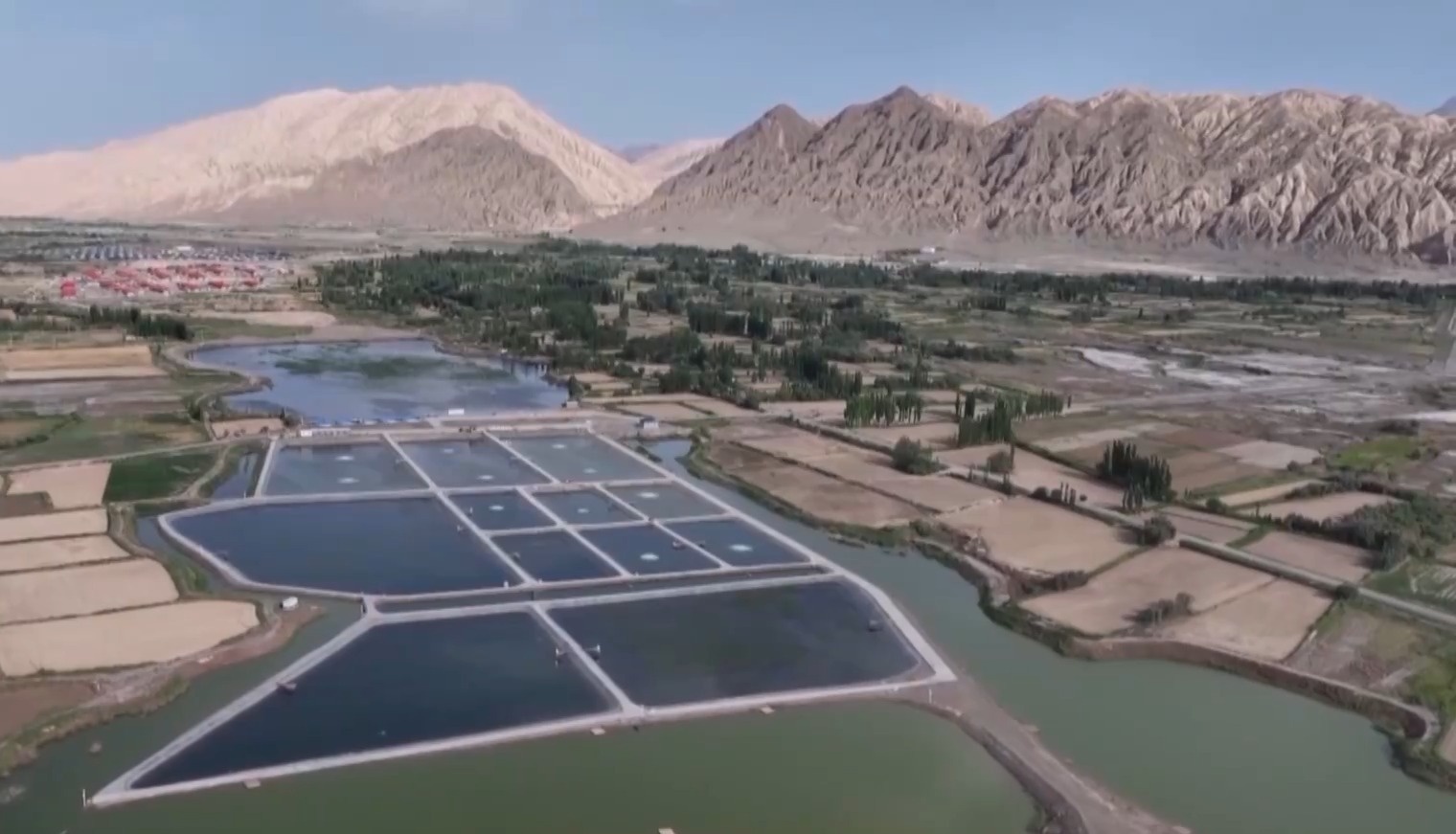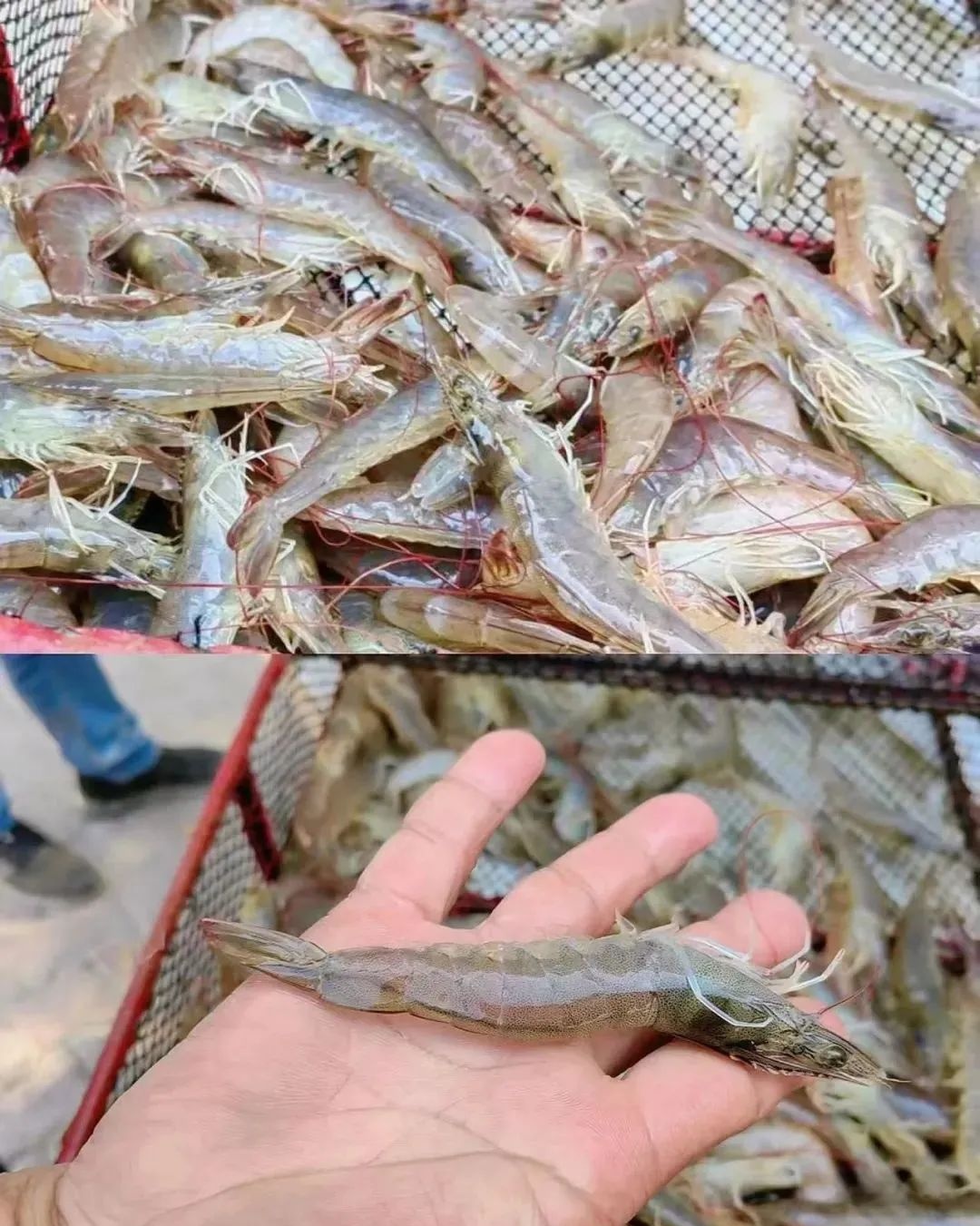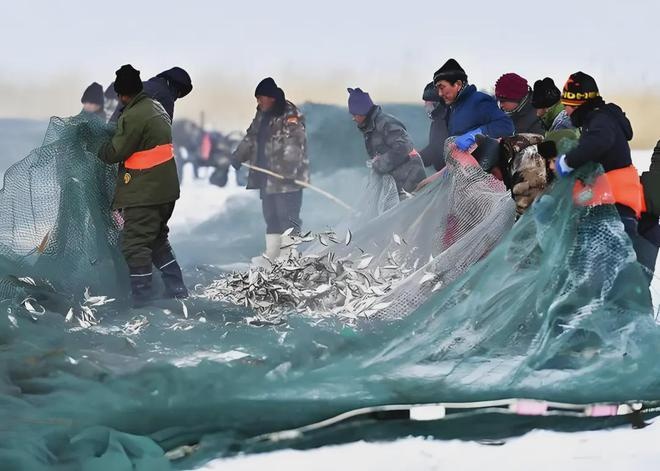




- BRNN
- BRI News
- BRNN News
- Database
Official Documents Polices and Regulations
Inter-government Documents International Cooperation BRI Countries
Business Guide Economic Data BRI Data
Trade
Investment Projects Latest projects
Cases - Content Pool
Fish farming at the heart of the Taklamakan Desert in northwest China's Xinjiang Uygur Autonomous Region may sound impossible, but this unlikely agricultural revolution is now delivering fresh seafood to markets across China and beyond.

(Photo/CCTV News)
The extraordinary venture began with an innovative approach to one of Xinjiang's most challenging resources: saline-alkali soil. Aquaculture experts in the region discovered that the high-salinity water found in these seemingly barren lands closely resembles seawater in composition. They successfully created artificial seawater capable of supporting marine species.
This breakthrough has enabled the cultivation of an impressive variety of aquatic products, including salmon, tilapia, lobsters, and crabs.
In addition, Xinjiang has pioneered "marine-to-freshwater" adaptation techniques. Specialists gradually acclimatize marine shrimps to freshwater conditions through specialized transition pools, eventually creating optimal farming environments.

(Photo/CCTV News)
Leveraging the region's abundant high-quality freshwater resources from the Tianshan Mountains, farmers have successfully bred premium whiteleg shrimps, which have sold well both at home and abroad.
Last year, Xinjiang's aquaculture output reached 196,500 tonnes, ranking first among China's five northwestern provinces and autonomous regions. Fish, shrimp, and crab farmed in Xinjiang are now reaching consumers across China and expanding into international markets, including Russia and Spain.

(Photo/CCTV News)

Tel:86-10-65363107, 86-10-65368220, 86-10-65363106